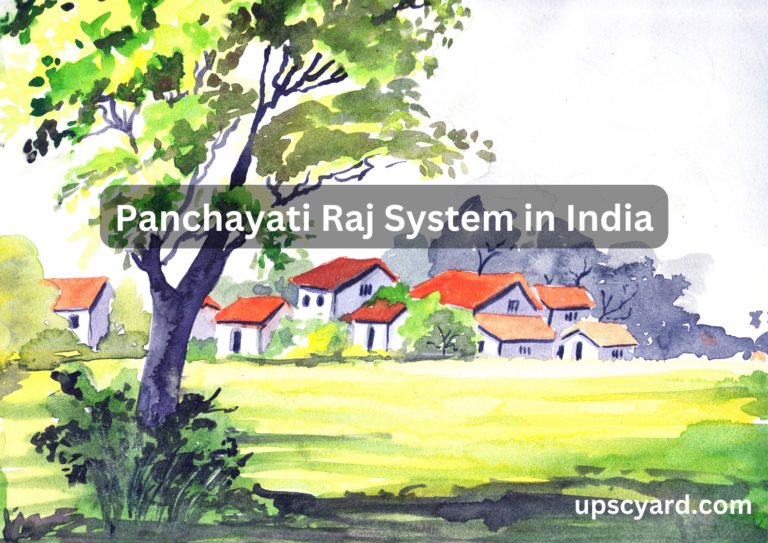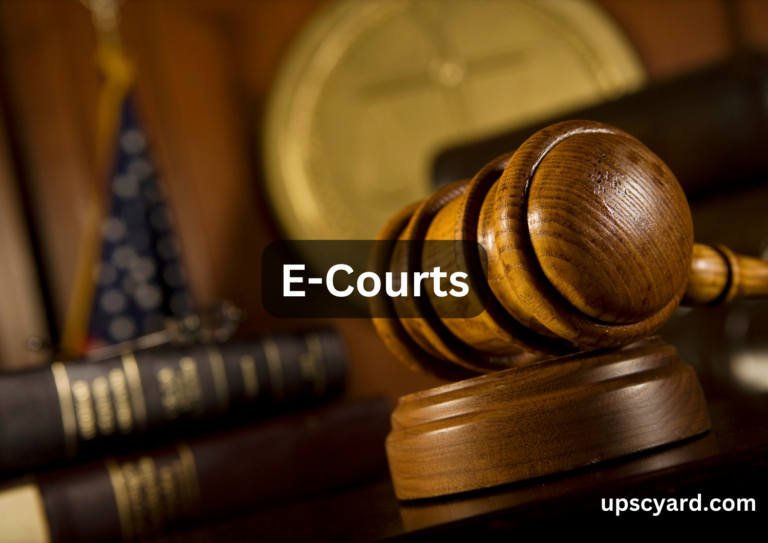E Sewa Kendra: Bridging the Digital Gap
Introduction: E Sewa Kendra have been introduced to address the digital divide by offering e-filing services to lawyers and litigants. They serve as a convenient gateway to access citizen-centric court services and case-related information.
Expanding Access: Initially implemented in all High Courts and one District Court as a pilot project, the coverage is steadily expanding to encompass all court complexes across the country. This expansion ensures that legal professionals and litigants nationwide can benefit from these services.
Convenient Setup: These e Sewa Kendra are strategically located at the entry points of court complexes. Their purpose is to facilitate lawyers and litigants by providing a range of services, including information, facilitation, and e-filing assistance. This setup simplifies the process of accessing legal services and information, making it more user-friendly.
E-Resource Center: Pioneering Legal Technology
Nyay Kaushal: India welcomed its first e-Resource Center, “Nyay Kaushal,” in Nagpur, Maharashtra, in 2020. This cutting-edge center is at the forefront of legal technology, offering a range of valuable services.
Facilities: Nyay Kaushal provides a variety of services to meet the evolving needs of the legal community and citizens alike, including:
- E-filing: Streamlining the process of submitting legal documents electronically.
- Virtual Courts via Video Conferencing: Enabling remote court proceedings through video conferencing technology.
- Access to e-Courts Services: Facilitating access to e-Courts services, enhancing convenience for legal professionals and litigants.
These initiatives underscore the commitment to leverage technology to enhance legal services, improve access to justice, and streamline legal processes for the benefit of all stakeholders in the legal ecosystem.
Innovative Technological Initiatives for Legal Services
Tele-Law:
- Overview: The Tele-Law program, introduced in 2017 through collaboration between the Ministry of Law and Justice and the Ministry of Electronics and Information Technology (MeitY), aims to address legal cases at the pre-litigation stage.
- Connecting Lawyers and Litigants: Tele-Law leverages video conferencing and telephone services to bridge the gap between lawyers and litigants seeking legal guidance. This service primarily focuses on reaching out to marginalized and disadvantaged individuals in need of legal assistance.
- Common Service Centres: Within this initiative, smart technology, including video conferencing and instant calling facilities, available at Common Service Centres across Panchayats is utilized. These centers connect underserved and vulnerable groups, as well as unreached communities, with Panel Lawyers who provide timely and valuable legal advice.
e-Courts Project:
- Project Genesis: The e-Courts project was conceived based on the National Policy and Action Plan for Implementing Information and Communication Technology (ICT) in the Indian Judiciary in 2005.
- Scope: It is a nationwide initiative overseen and funded by the Department of Justice under the Ministry of Law and Justice.
- Objective: The project seeks to modernize and digitize the judicial system across India, introducing technological advancements to streamline court proceedings and enhance accessibility to justice.
These innovative initiatives demonstrate the government’s commitment to harnessing technology to provide legal services, improve access to justice, and ensure that legal assistance reaches those in need, including disadvantaged and underserved communities.




